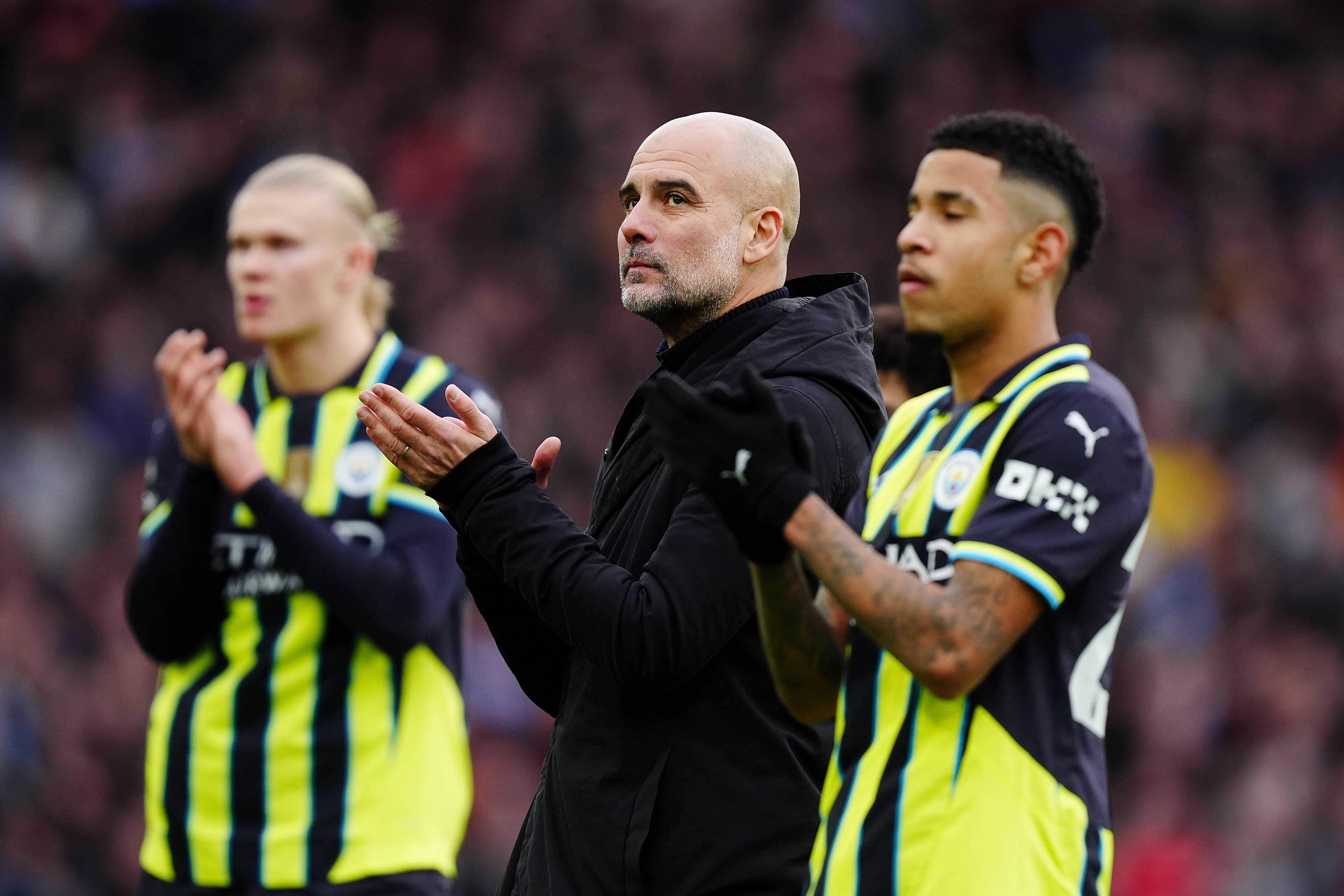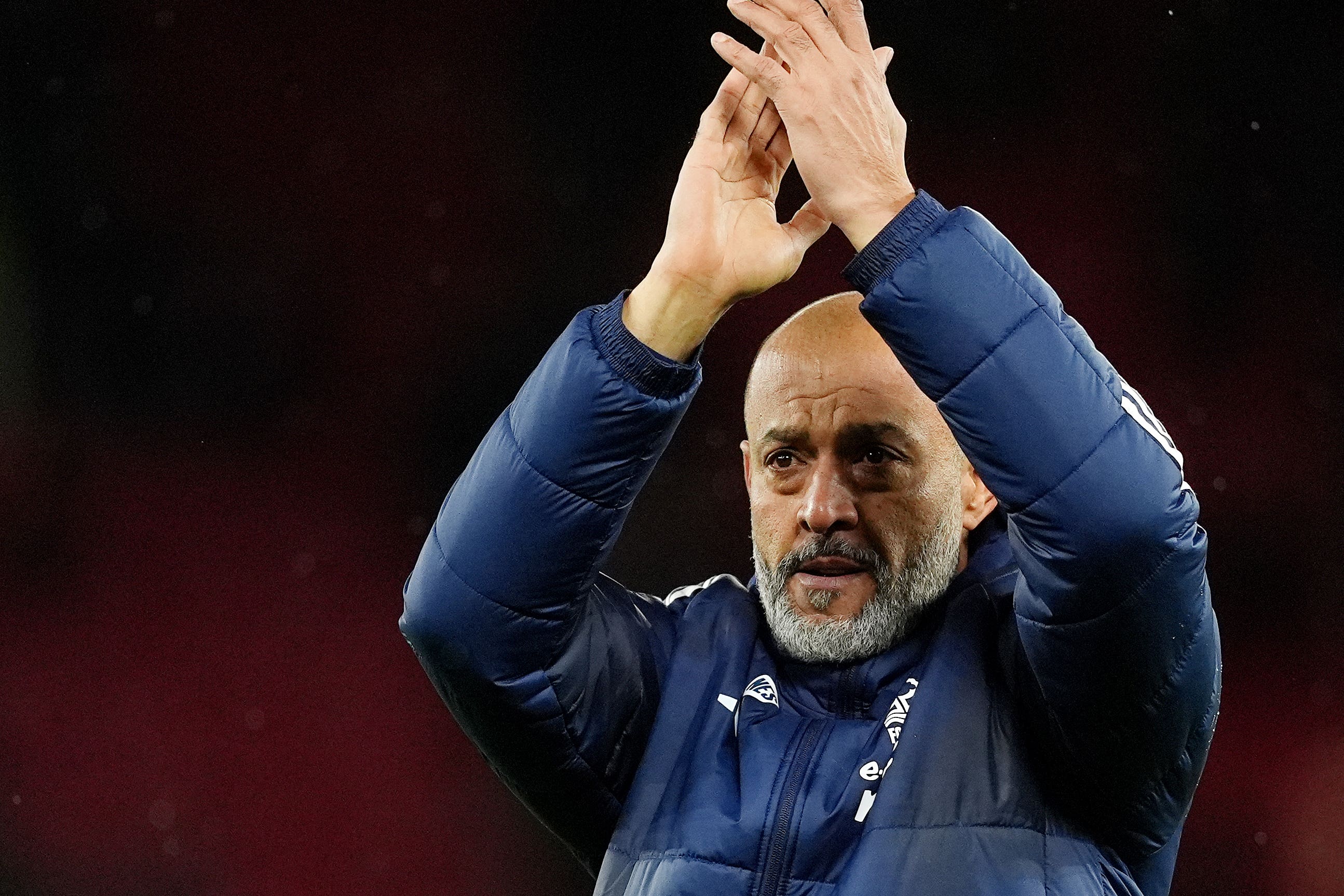With a failure to do the right thing a consistent thread, an expert explains how we got here and how to fix it. What do the following have in common? Falling to the ground and clutching your head without having been touched. Shouting abuse at a teenage referee. Staging tournaments without an open bidding process. Setting up a breakaway league. Punching a Sunday league opponent.
![[Paul MacInnes]](https://i.guim.co.uk/img/uploads/2024/10/30/Paul_Macinnes.png?width=75&dpr=1&s=none&crop=none)
Each example showcases a side of football that harms the health of the game (not to mention those on the wrong end of such behaviour). According to Dr Dan Hough, however, they are also indicative of a problem that particularly afflicts football: a consistent lack of integrity.
![[England fans at Euro 88.]](https://i.guim.co.uk/img/media/5f7536cdcc4f551f4326bb93608ad5f7ad33f3d4/0_0_5208_3460/master/5208.jpg?width=445&dpr=1&s=none&crop=none)
Hough is a professor of politics at the University of Sussex and the author of a book, Foul Play, about football’s integrity problem. “I’m a football fan who sees that, while the game isn’t going to hell in a handcart, it has a whole host of problems that sometimes it doesn’t even recognise,” he says. One consistent thread is a failure to do the right thing.
“Integrity is supposed to be about nudging people towards doing better things,” Hough says. A person of integrity is someone who holds and lives by moral principles. “Some people do do better than that and they just happen to be in every other sport that’s played. In football, the values that underpin doing things in the right way are not thought of nearly in the same way that they were in the past. I think overall what drives people is not thoughts of fair play, but thoughts of winning the game. That has become the be-all and end-all whether you’re playing for Manchester City or whether you’re playing for [a grassroots club’s] under-sevens, and that’s the problem.”.






















